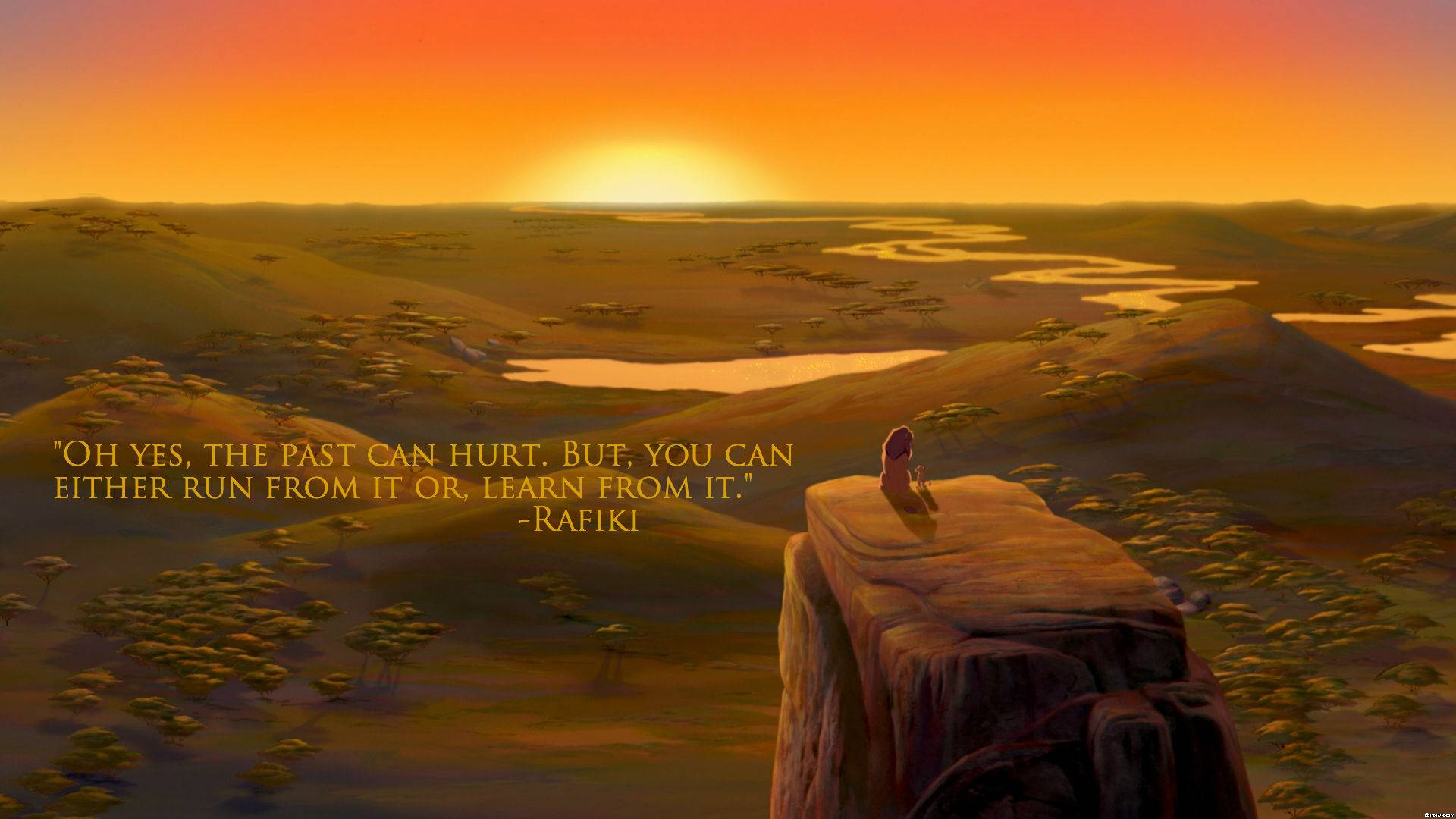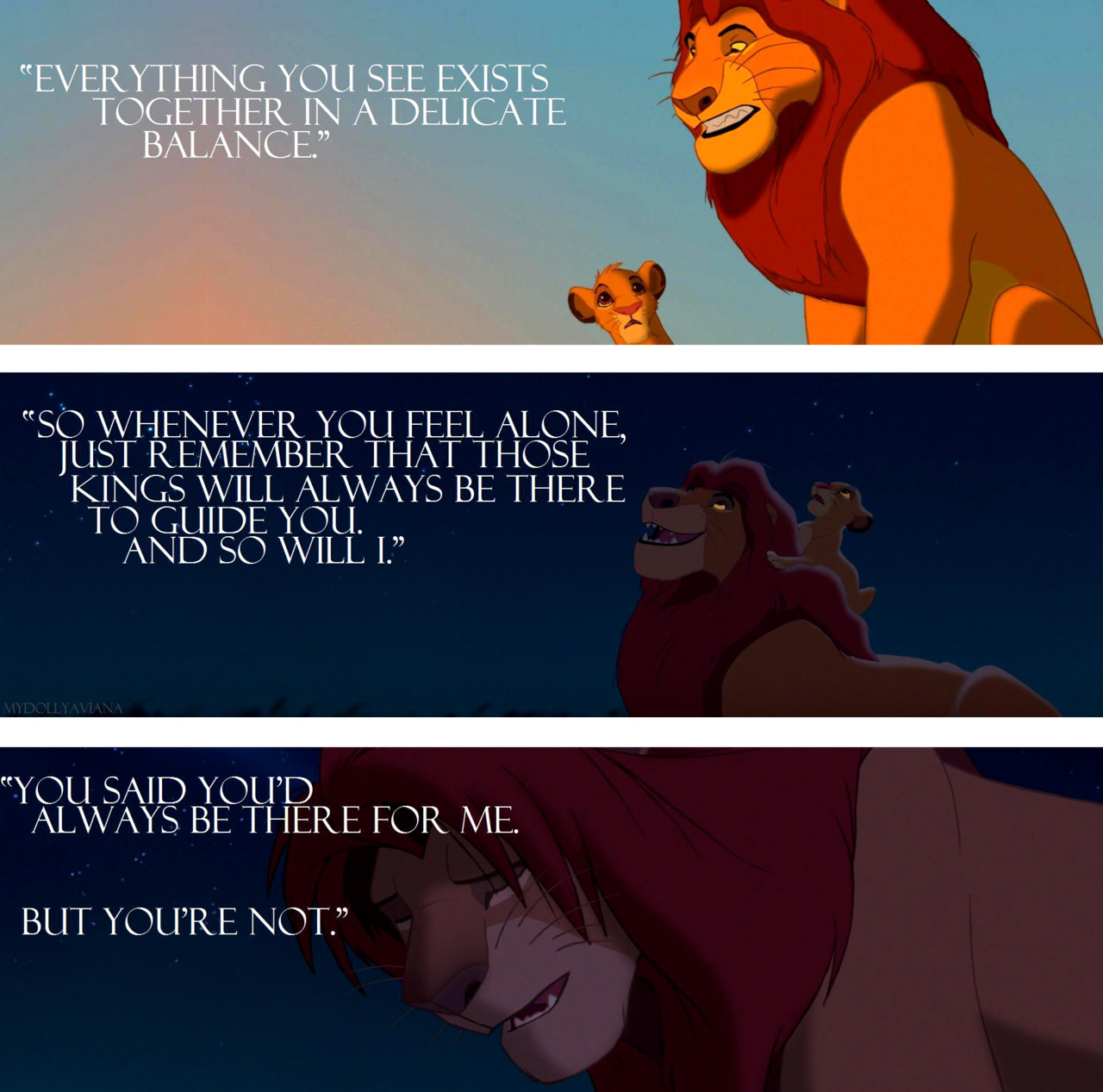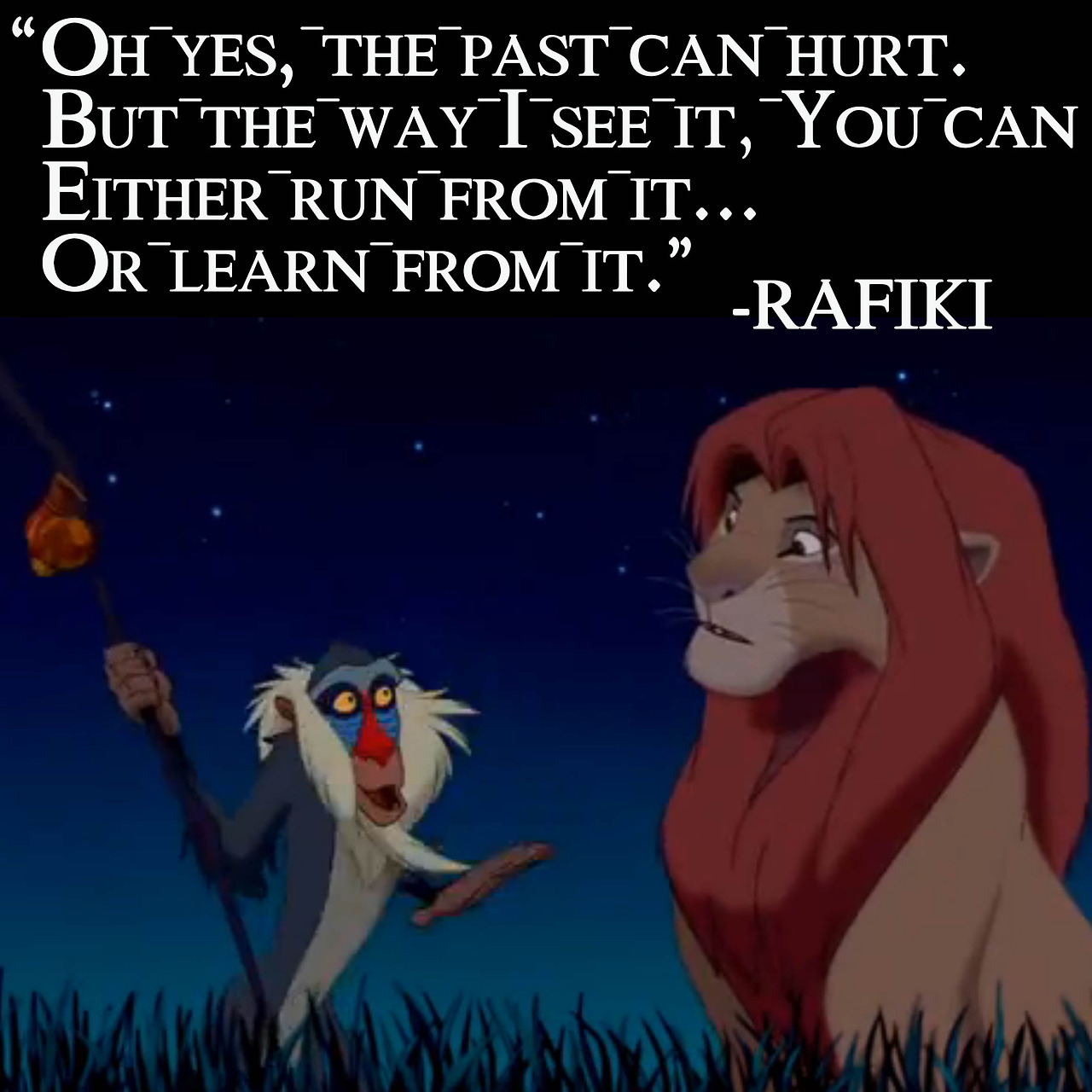There’s something magical about The Lion King quotes that have stayed with us since the movie first roared into our hearts in 1994. Whether you’re a fan of Simba’s journey of self-discovery or Rafiki’s sage advice, these lines hold lessons that resonate even in today’s world. From “Hakuna Matata” to “Remember who you are,” The Lion King isn’t just a story—it’s a treasure trove of wisdom. Let’s dive into the jungle and explore why these quotes still matter.
If you’re a fan of Disney classics, The Lion King is more than just a movie. It’s a cultural phenomenon that has inspired generations. The story of Simba, a young lion prince who learns the responsibilities of leadership, is filled with powerful lessons about life, courage, and destiny. And let’s not forget the unforgettable characters who deliver some of the most iconic lines in cinematic history.
Whether you’re looking for inspiration, humor, or a reminder of the circle of life, The Lion King quotes have something for everyone. So grab your popcorn and get ready to relive the magic as we uncover the meaning behind some of the most memorable lines from this beloved film.
Read also:Yara Shahidi Net Worth The Rising Stars Journey To Success
Table of Contents:
- Biography: The Making of The Lion King
- Key Quotes from The Lion King
- The Circle of Life: Understanding the Theme
- Simba’s Journey: Lessons from the Lion Prince
- Rafiki’s Wisdom: Sage Advice from the Jungle
- Scar’s Character: The Villain with Depth
- Hakuna Matata: The Philosophy of Letting Go
- Nala’s Support: The Voice of Reason
- Mufasa’s Legacy: The Voice of Guidance
- The Pride Lands: A Metaphor for Life
Biography: The Making of The Lion King
Before we dive into the quotes, let’s take a moment to appreciate the incredible journey of The Lion King. Released in 1994, this animated masterpiece was directed by Roger Allers and Rob Minkoff. The film was a massive success, grossing over $968 million worldwide and winning two Academy Awards.
The story revolves around Simba, a young lion prince who faces betrayal, loss, and ultimately redemption. The film’s success can be attributed to its stunning animation, memorable characters, and a soundtrack that became a cultural phenomenon. Who can forget Elton John and Tim Rice’s collaboration on songs like “Circle of Life” and “Can You Feel the Love Tonight?”
But what makes The Lion King truly special is its timeless themes. The film explores complex ideas like responsibility, forgiveness, and the cycle of life, all wrapped up in a story that appeals to both children and adults. And let’s not forget the incredible voice cast, including Matthew Broderick as Simba, Jeremy Irons as Scar, and James Earl Jones as Mufasa.
Behind the Scenes
Did you know that the original concept for The Lion King was quite different from what we see on screen? Initially titled “King of the Jungle,” the film was supposed to feature a more comedic tone. However, the creative team decided to take a more serious approach, drawing inspiration from Shakespeare’s “Hamlet” and the African savanna.
Another interesting fact? The voice of young Simba, Jonathan Taylor Thomas, wasn’t originally intended to sing. The filmmakers had to re-record his parts after realizing that his voice didn’t match the musical demands of the film. Talk about a last-minute change!
Read also:Funny Playstation Names Level Up Your Gaming Persona
Key Quotes from The Lion King
Now that we’ve set the stage, let’s dive into some of the most iconic quotes from The Lion King. These lines aren’t just memorable—they’re packed with wisdom that’s relevant even today. Here are a few of our favorites:
- “Remember who you are.” – Mufasa
- “Hakuna Matata, it ain’t no passing craze.” – Timon and Pumbaa
- “You must take your place in the Circle of Life.” – Rafiki
- “Even kings have to answer to someone.” – Zazu
- “The past can hurt. But the way I see it, you can either run from it or learn from it.” – Rafiki
Each of these quotes carries a deeper meaning that we’ll explore in the sections below. But for now, let’s take a moment to appreciate how these lines have become part of our cultural lexicon.
The Circle of Life: Understanding the Theme
One of the central themes of The Lion King is the Circle of Life. This concept is introduced right at the beginning of the film with the iconic song that bears its name. But what exactly does it mean?
The Circle of Life represents the interconnectedness of all living things. It’s a reminder that everything has its place in the grand scheme of existence. For Simba, this means understanding his role as the future king of the Pride Lands. For us, it’s a call to embrace our responsibilities and contribute positively to the world around us.
Here’s a breakdown of how the Circle of Life plays out in the film:
- Birth: Simba is born and presented to the animals of the Pride Lands.
- Growth: Simba learns about the responsibilities of being a king from his father, Mufasa.
- Loss: Simba experiences the death of his father and the betrayal of his uncle, Scar.
- Redemption: Simba returns to the Pride Lands and takes his rightful place as king.
Why Does the Circle of Life Matter?
On a deeper level, the Circle of Life is a metaphor for the human experience. We all go through phases of growth, loss, and redemption. By embracing this cycle, we can find meaning in our struggles and appreciate the beauty of life.
Simba’s Journey: Lessons from the Lion Prince
Simba’s journey is one of the most compelling aspects of The Lion King. From a curious cub to a reluctant exile, and finally to the rightful king, Simba’s transformation is filled with lessons that we can all learn from.
One of the most powerful moments in Simba’s story is when he encounters Rafiki in the jungle. Rafiki tells him, “The past can hurt. But the way I see it, you can either run from it or learn from it.” This line encapsulates the essence of Simba’s journey. It’s about confronting our fears and learning from our mistakes.
Another important lesson comes from Simba’s relationship with his father, Mufasa. When Simba feels lost and alone, Mufasa appears to him in the sky, reminding him of his responsibilities. This moment is a powerful reminder that our loved ones are always with us, even if they’re no longer physically present.
Simba’s Growth
Simba’s journey isn’t just about reclaiming his throne. It’s about growing into the person he was always meant to be. Here’s how Simba’s growth can inspire us:
- Acceptance: Simba learns to accept his past and the mistakes he made.
- Courage: Simba finds the courage to return to the Pride Lands and face his fears.
- Leadership: Simba embraces his role as king and takes responsibility for the well-being of his pride.
Rafiki’s Wisdom: Sage Advice from the Jungle
Rafiki, the wise old mandrill, is one of the most memorable characters in The Lion King. His eccentric behavior and sage advice make him a fan favorite. But what can we learn from Rafiki’s wisdom?
One of Rafiki’s most famous lines is, “Asante sana, squash banana, we we nugu, mi mi apana.” While this may sound like nonsense, it’s actually a playful reminder to not take life too seriously. Rafiki’s approach to life is all about balance—embracing both the serious and the lighthearted moments.
Another important lesson from Rafiki is the importance of perspective. When Simba is stuck in the past, Rafiki tells him, “You see, look behind you.” This line reminds us that sometimes we need to look at things from a different angle to gain clarity.
Rafiki’s Philosophy
Rafiki’s philosophy is rooted in the idea that life is a journey, not a destination. Here are a few key takeaways from Rafiki’s wisdom:
- Embrace Change: Life is full of ups and downs, and it’s important to adapt to change.
- Seek Guidance: Don’t be afraid to seek advice from those who have more experience.
- Find Balance: Life is a mix of serious and playful moments—embrace both.
Scar’s Character: The Villain with Depth
Scar, the cunning and manipulative uncle of Simba, is one of the most intriguing villains in Disney history. While he may be the bad guy, Scar’s character is more complex than it seems at first glance.
Scar’s motivations are rooted in his feelings of inadequacy. As the younger brother of Mufasa, Scar never felt like he was good enough to be king. This sense of inferiority drives his actions throughout the film. But Scar’s story also serves as a cautionary tale about the dangers of jealousy and greed.
One of Scar’s most memorable lines is, “Oh, I didn’t say it was smart. I said it was clever.” This line perfectly encapsulates his character—clever but not necessarily wise.
What Can We Learn from Scar?
While Scar may be the villain, his story offers valuable lessons:
- Jealousy Can Be Destructive: Letting jealousy consume us can lead to harmful actions.
- Power Isn’t Everything: True leadership is about responsibility and compassion, not just power.
- Be True to Yourself: Scar’s desire to be king stems from his need to prove himself, but in the end, it leads to his downfall.
Hakuna Matata: The Philosophy of Letting Go
Hakuna Matata, the philosophy of Timon and Pumbaa, is one of the most beloved aspects of The Lion King. This Swahili phrase, which roughly translates to “no worries,” represents a carefree approach to life. But is it always the right way to live?
While Hakuna Matata can be a helpful mindset for dealing with stress and anxiety, it’s important to remember that not all problems can be ignored. Sometimes, we need to face our challenges head-on instead of running away from them.
Simba’s time with Timon and Pumbaa teaches him the value of friendship and living in the moment. However, it also highlights the importance of balance. Hakuna Matata may help us cope with life’s challenges, but it shouldn’t be an excuse to avoid responsibility.
When Is Hakuna Matata Appropriate?
Here are a few situations where Hakuna Matata can be a helpful mindset:
- When You’re Stressed: Taking a break and focusing on the present moment can help reduce stress.
- When You’ve Done Your Best: If you’ve done everything you can to solve a problem, it’s okay to let go and move on.
- When You Need Perspective: Sometimes, stepping back and looking at the bigger picture can help you gain clarity.
Nala’s Support: The Voice of Reason
Nala, Simba’s childhood friend and eventual love interest, plays a crucial role in Simba’s journey. She’s the voice of reason when Simba is lost in his own guilt and self-doubt. Nala’s support and encouragement help Simba find the courage to return to the Pride Lands.
One of Nala’s most powerful lines is, “You can either run from it or learn from it.” This line mirrors Rafiki’s advice, reinforcing the idea that growth comes from facing our challenges.
Nala’s Strength
Nala’s character represents strength, resilience, and determination. Here’s what we can learn from her:
- Be a Support


